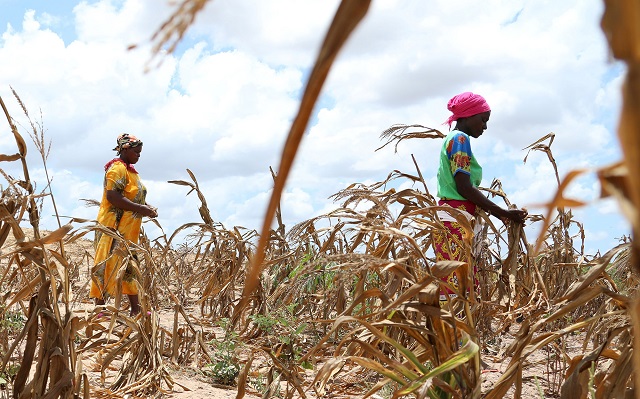
Baku, Azerbaijan | THE INDEPENDENT | Major countries of the world have agreed to pay $ 300 billion each year for the next 10 years to climate financing to help mitigate global climate changes.
Sitting in Baku Azerbaijan, the United States, the United Kingdom, the European Union, and Australia among others had proposed that they pay $ 250 billion each year for the next ten years more than $ 150 billion of what they have been paying in the last ten years.
However, developing countries at the Cop 29 United Nations meeting objected to the amount arguing that they are bearing the brunt of climate change yet they are hardly a contributor to it. Many developing countries had asked for up to $ 7 trillion a year for the next ten years up to 2035.
This deadlock saw the meeting that was to end on Friday be pushed to Saturday as rich nations tried to entice their developing counterparts to agree to the offer of $ 250 billion. Eventually, a compromise of $ 300 billion was reached.
Developing countries like Uganda maintain that the richest countries are the primary contributors to climate degradation and therefore should pay for it.
In a Sauti za Wananchi report by Twaweza, half of the citizens interviewed said rich countries are to blame for climate change and therefore they have the responsibility to pay for it. “Half of citizens (51%) agree with the statement that rich countries should take most of the blame for climate change, while one out of three (34%) disagree.
However, citizens are less divided on the view that whoever is responsible for causing climate change should bear the whole cost of adapting to a changing climate. Seven out of ten citizens (68%) agree with this statement,” the report reads. It adds that although there is some disagreement among those interviewed about who is responsible for the change, there is no doubt that responsibility for climate change lies almost entirely with wealthy, industrialised nations. “Cumulative carbon dioxide emissions since 1750 originating from African countries are very small when compared with emissions from wealthier countries and regions.
For instance, emissions from the UK alone surpass those from the entire continent of Africa, and emissions from Kenya, Tanzania, and Uganda are so negligible that they barely register on the emissions chart,” the report notes.
Now what is left is to see how much countries like Uganda are going to benefit from the $300billion per year that has been pledged by these wealthy countries.
 The Independent Uganda: You get the Truth we Pay the Price
The Independent Uganda: You get the Truth we Pay the Price



